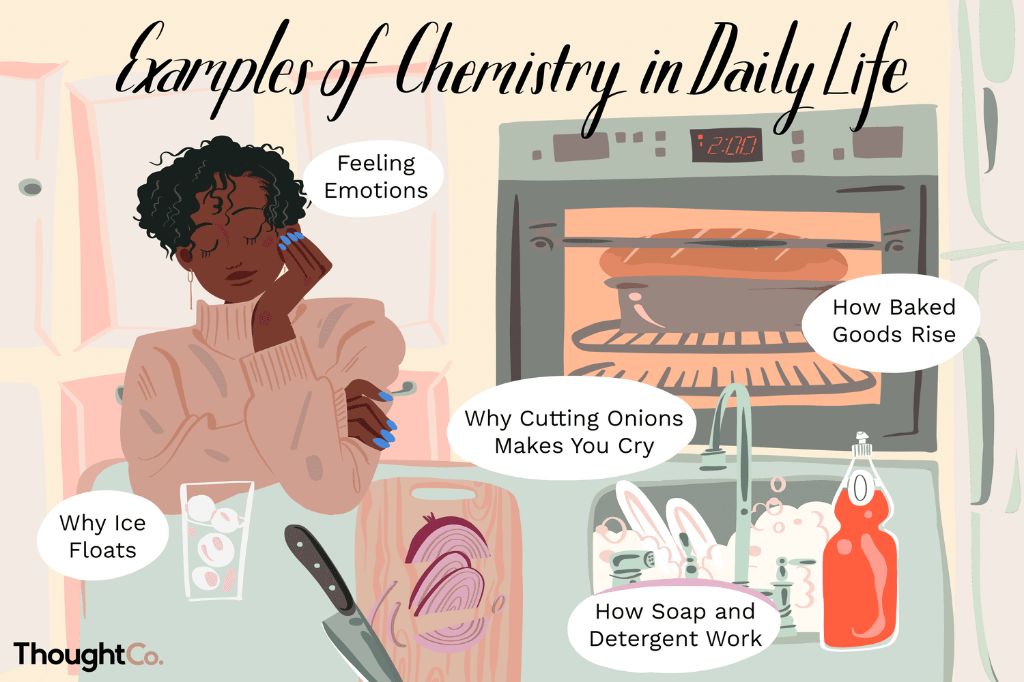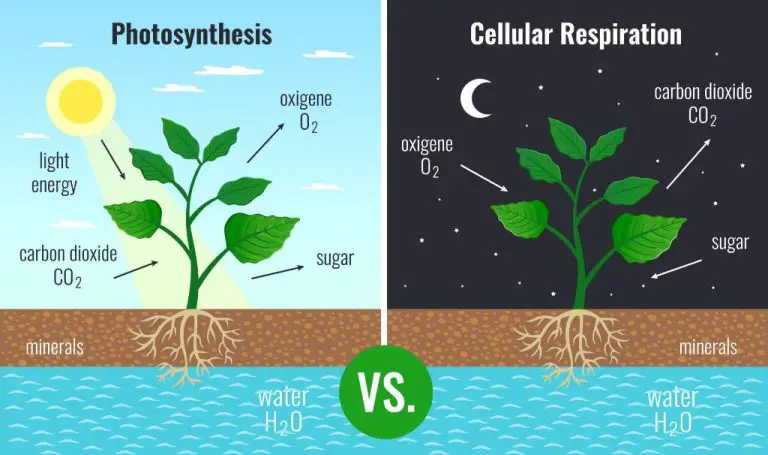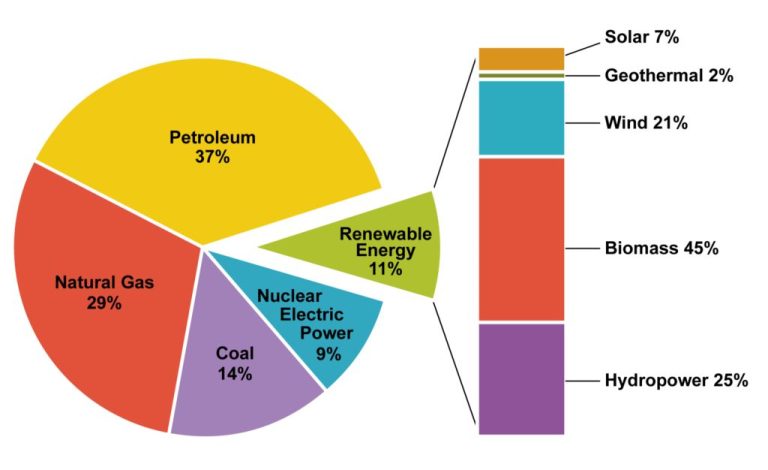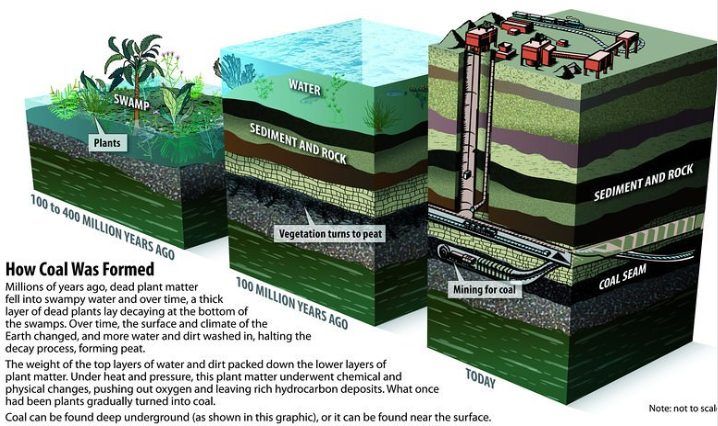What Best Describes Chemistry?
Chemistry is a fascinating subject that plays an integral role in our everyday lives. Often called the “central science”, chemistry connects physical sciences like physics with applied sciences like engineering and also touches on areas of biology, environmental science, geology, and more.
But what exactly is chemistry? At its core, chemistry is the study of matter and its properties, structure, composition, and transformations. An ancient science with historical roots tracing back thousands of years, modern chemistry has evolved into a complex field that aims to answer some of the most fundamental questions about the world around us.
In this article, we will explore the expansive and dynamic world of chemistry. We will cover key topics like its major branches, core concepts, real-world applications, notable figures, and its presence in everyday life. By the end, you will have a well-rounded understanding of what chemistry is, what chemists do, and why this science is so integral to society.
Definition of Chemistry
Chemistry is the scientific study of matter and its properties, structure, composition, and behavior. It is considered a physical science, which means it focuses on non-living systems. Chemistry examines the building blocks of matter and how they interact on atomic and molecular levels.
The word “chemistry” comes from the Latin word “alchemists,” who were early scientists studying the composition of materials and the interactions between them. Today, chemistry has evolved into a complex discipline encompassing numerous branches and concepts. At its core, chemistry aims to understand matter on a fundamental level.
Branches of Chemistry
Chemistry is often divided into several major branches based on the type of matter being studied:
Organic Chemistry
Organic chemistry focuses on the structure, properties, composition, reactions, and preparation of carbon-containing compounds. This includes hydrocarbons as well as compounds with any number of other elements, including hydrogen, nitrogen, oxygen, halogens, phosphorus, silicon, and sulfur.
Inorganic Chemistry
Inorganic chemistry deals with materials and compounds that do not contain carbon, such as metals, minerals, and organometallic compounds. It studies the properties and reactions of inorganic compounds. Topics include crystallography, metals, solutions, and thermodynamics.
Physical Chemistry
Physical chemistry uses physics and math to understand chemical systems on a molecular level. It examines how matter interacts on an atomic and molecular scale to undergo chemical reactions. Concepts include chemical kinetics, thermodynamics, electrochemistry, and quantum chemistry.
Analytical Chemistry
Analytical chemistry focuses on identifying, separating, and quantifying matter. It studies the composition of compounds and develops tools to analyze unknown substances. This branch heavily utilizes instrumentation and methods like spectroscopy, chromatography, and electrochemistry.
Key Concepts
Chemistry deals with the composition, structure, and properties of matter and the changes it undergoes. Some key concepts in chemistry include:
Atoms
Atoms are the basic units of matter. Atoms consist of a nucleus containing protons and neutrons, surrounded by electrons. The number of protons in an atom defines its chemical element. The number of electrons determines its chemical reactivity.
Molecules
Molecules are formed when two or more atoms chemically bond together. They are the smallest units of chemical compounds. The molecules’ shape and structure influence the compound’s physical and chemical properties.
Chemical Bonding
Chemical bonding occurs when two or more atoms interact, typically by sharing or transferring electrons. The major types of chemical bonds are ionic, covalent, and metallic bonding. The type of bonding determines the properties of the resulting compound.
Chemical Reactions
Chemical reactions involve breaking and forming chemical bonds between atoms and molecules. This results in the transformation of the reactants into new substances called products. Chemical reactions power many systems and processes in nature and technology.
Applications
Chemistry has a wide range of important applications that impact our lives on a daily basis.
In medicine, chemistry plays a central role in drug development, pharmacology, toxicology, and more. Understanding chemical compounds and reactions allows scientists to create new pharmaceuticals to treat diseases. Biochemistry, organic chemistry, and analytical chemistry are key for advancing medical knowledge.
Materials science relies heavily on chemistry to engineer new substances with desirable properties. Polymer chemistry gives us plastics and synthetic fibers like nylon and kevlar. Inorganic chemists develop ceramics, semiconductors, and superconductors. Chemistry allows for innovations in metallurgy, nanomaterials, composites, and coatings.
Chemical engineering provides ways to efficiently produce energy and fuels like gasoline, natural gas, and hydrogen. Electrochemistry enables battery technology to store energy. Nuclear chemistry unlocks power through fission and fusion reactions. Chemistry research improves renewable energy sources such as biofuels and solar cells.
Understanding environmental chemistry is crucial for addressing challenges like climate change, pollution, and sustainability. Chemists study the atmosphere, hydrosphere, lithosphere, and biosphere to monitor ecological impacts and propose solutions.
Consumer products we rely on every day, from pharmaceuticals to plastics to cosmetics, all leverage the principles of chemistry. Detergents, soaps, and shampoos use surfactants and emulsifiers. Batteries, electronics, and appliances incorporate metals, semiconductors, and more developed through chemistry research and design.
Methods
Chemistry relies heavily on the scientific method and following rigorous procedures for observation, experimentation, measurement, and modeling. Chemists utilize various methods and techniques to understand the properties and reactions of substances.
Observation is a fundamental first step in studying chemistry. Chemists carefully observe properties like color, odor, solubility, and the physical state of substances. Detailed qualitative observations lay the groundwork for further analysis.
Experimentation allows chemists to manipulate variables and conditions in a controlled environment. Many discoveries have been made through trial and error while testing chemical reactions. Experimentation reveals causes and effects.
Measurement provides quantitative data for studying chemicals and reactions. Chemists use tools like balances, thermometers, spectroscopes, and chromatographs to precisely measure mass, temperature, composition, and other attributes.
Modeling helps explain phenomena on atomic and molecular scales that cannot be directly observed. Chemists use structural formulas, ball-and-stick models, and computer simulations to represent the arrangements and interactions of atoms and molecules.
Notable Chemists
Some of the most influential chemists throughout history include:
Antoine Lavoisier
Antoine Lavoisier (1743-1794) was a French chemist who is considered the “father of modern chemistry.” He established the law of conservation of mass, discovered the role of oxygen in combustion, and contributed to the development of chemical nomenclature. Lavoisier demonstrated through careful measurement that mass is neither created nor destroyed in chemical reactions.
John Dalton
John Dalton (1766-1844) was an English chemist and physicist who developed atomic theory, which states that all matter is composed of small indivisible particles called atoms. Dalton’s atomic theory provided insight into the fundamental nature of matter and laid the groundwork for modern chemistry.
Marie Curie
Marie Curie (1867-1934) was a Polish and naturalized-French physicist and chemist. She conducted pioneering research on radioactivity and discovered the elements polonium and radium. Curie was the first woman to win a Nobel Prize, and the first person to win Nobel Prizes in two different sciences (physics and chemistry).
Linus Pauling
Linus Pauling (1901-1994) was an American chemist who made major contributions to structural chemistry and molecular biology. He received two Nobel Prizes – one for chemistry in 1954 for his research into chemical bonding, and the Nobel Peace Prize in 1962 for his activism against nuclear weapons testing. Pauling pioneered the application of quantum mechanics to chemistry.
Chemistry in Everyday Life
Chemistry plays a vital role in our day-to-day activities, from the moment we wake up to the moment we go to sleep. Here are some of the key ways chemistry impacts our daily lives:

Cooking: Chemistry is at the heart of cooking. Understanding chemical reactions and how flavor compounds interact allows chefs to pair ingredients and adapt recipes. Chemistry gives insight into how proteins denature, oils oxidize, and sugars caramelize at high temperatures.
Cleaning: Many household cleaners rely on chemistry. Acids help dissolve mineral deposits, bases emulsify oils and grease, surfactants lower water’s surface tension allowing it to penetrate surfaces, and bleaches use oxidation to remove stains. Knowing which chemicals interact with different types of dirt allows cleaners to be formulated effectively.
Hygiene: Personal care products like shampoo, soap, toothpaste, and cosmetics depend on chemistry. Surfactants enable soaps and shampoos to trap oil and rinse it away. Fluoride and abrasives in toothpaste prevent cavities and whiten teeth. Cosmetics use chemical pigments, emulsifiers, and film formers to improve appearance.
Nutrition: Vitamins, minerals, fats, protein, and carbohydrates in the food we eat are all chemicals. Understanding nutrition requires knowledge of how the body metabolizes chemicals from food and converts them into energy and tissue. Chemistry reveals how cooking impacts the nutritional content of foods.
Chemistry’s Impact
Chemistry has had a profound impact on health, materials, and quality of life. The discoveries made through chemical research have led to life-saving medicines, stronger and lighter materials, better agricultural practices, and a deeper understanding of the world around us.
In healthcare, chemistry has enabled the development of antibiotics, vaccines, diagnostic tests, advanced medical devices, and more effective treatments for diseases. Penicillin, insulin, and antiretroviral drugs for HIV are some prominent examples of how chemical research has improved health outcomes.
The field of materials science, which relies heavily on chemistry, has produced plastics, alloys, composites, coatings, and semiconductors that have revolutionized product design and functionality. From airplanes to electronics, cars to sports gear, chemistry has played a role in engineering lighter, stronger, and more durable materials.
Agricultural chemistry has dramatically increased crop yields through fertilizers, pesticides, and genetically modified crops. Chemical advances have also led to better food safety and preservation techniques.
Beyond direct applications, chemistry has helped us gain a better understanding of the world we live in – from the properties of elements that make up our bodies and planet to the chemical reactions behind planetary systems, weather, and more. The findings of chemistry research have shed light on how life originated and how our universe formed.
Overall, by elucidating the principles that govern matter and chemical change, the field of chemistry has made broad and significant contributions to advancing human knowledge and quality of life.
Conclusion
In summary, chemistry is an essential science that studies the properties, composition, and structure of matter. It seeks to understand substances at their most fundamental level. Through experiments and calculations, chemists have uncovered many of the basic building blocks of nature and characterized their interactions.
The significance of chemistry simply cannot be overstated. It enables countless modern technologies and conveniences we take for granted. Chemistry plays a role in everything from the food we eat, to the clothes we wear, to the fuels that power society. By understanding chemistry, we gain profound insight into the natural world and our place within it.
Chemistry will continue to be at the forefront of innovation and discovery. New materials, medicines, energy sources, and industrial processes are constantly emerging from chemical research. As we deepen our knowledge of molecules and their transformations, chemistry will lead the way toward a more advanced, sustainable and healthier future for all.




